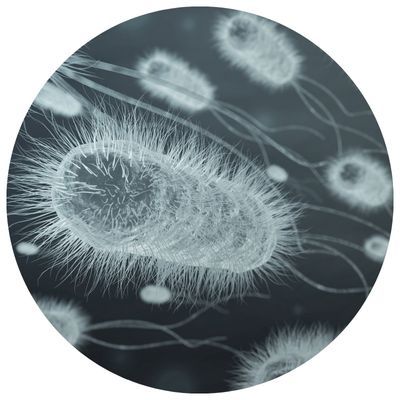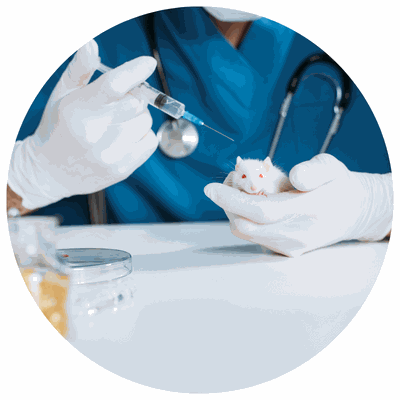Modified bacterium serves as treatment for drug-resistant lung infections
February 03, 2023 | Biotechnology
Synthetic biology aims to develop new strategies for addressing the leading cause of hospital mortality rates.
One such issue is Pseudomonas aeruginosa, a naturally antibiotic-resistant bacteria that are difficult to treat as they live in communities that form biofilms. These biofilms allow these bacteria to attach themselves to the surface of endotracheal tubes used by critically-ill patients who require mechanical ventilators to breathe. This causes VAP (ventilator-associated pneumonia), which can impair patients who needed intubation or have severe COVID-19, and this can extend the duration in the intensive care unit for another 13 days, killing up to one in eight patients.

Dr. Luis Serrano and his research group from Centre for Genomic Regulation (CRG) and Pulmobiotics engineered a live bacteria, M. pneumoniae, to suppress Pseudomonas aeruginosa infection. The relative simplicity of M. pneumoniae, how it can travel straight to the source of respiratory infection, and release a variety of therapeutic molecules made it ideal for these specific applications.
The researchers removed M. pneumoniae’s ability to cause disease and modified it to target and attack P. aeruginosa instead. Equipped with pyocins, the repurposed bacterium has the ability to dissolve biofilms, killing or inhibiting the growth of P. aeruginosa bacterial strains. The treatment is used together with low dosages of antibiotics that would otherwise have not worked when used solely on their own. For testing, they collected P. aeruginosa biofilms from the endotracheal tubes of patients in the ICU and they saw the treatment penetrating the barrier and dissolving the biofilms.

They further tested the efficacy of this treatment on mice and results showed significant reduction of lung infections. Mice who received the treatment have double survival rates compared to their control group counterparts. Moreover, the administration of a single, high dose didn’t show any signs of toxicity in the lungs. Once the treatment has gone its course, the modified bacteria will be cleared by the innate immune system in a period of 4 days.
Before reaching the clinical trial phase, more tests should performed before this ‘living medicine’ can fully become a treatment to VAP. The suggested administration of the treatment was through the use of a nebulizer.
As Dr. Serrano put it, the study was able to harness the modified bacterium’s arsenal, unleashing powerful potential in treating a variety of complex diseases. This opens doors for engineering new strains of bacteria to tackle other diseases like lung cancer and asthma.